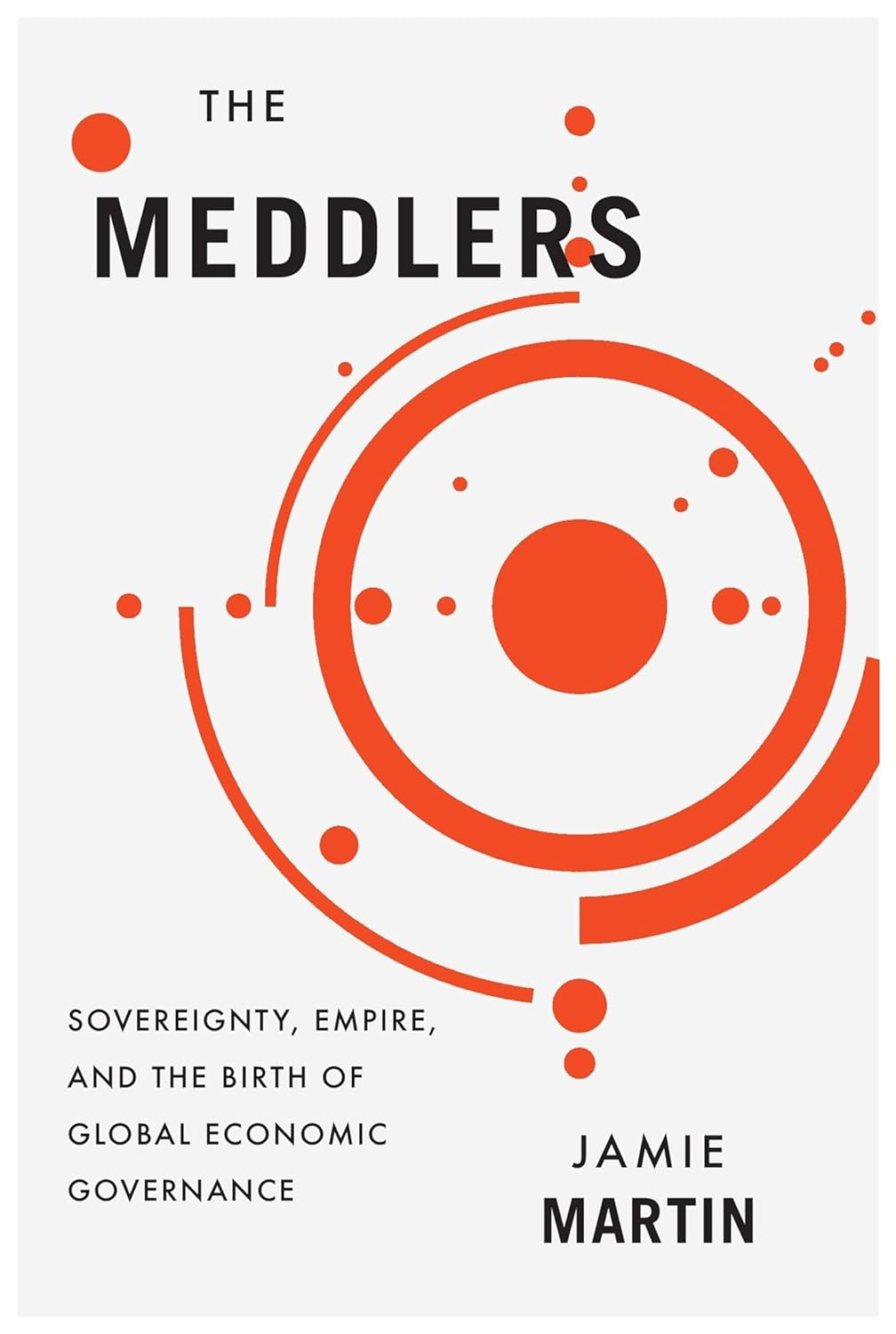In 2010, Greece was mired in a major debt crisis. It had been hit hard by the global collapse of financial markets and had just seen its government bonds downgraded to junk status. Facing the distinct possibility of default, the country turned for help to international organizations: the International Monetary Fund (IMF), the European Commission, and the European Central Bank. These organizations provided Greece with three enormous loans in 2010, 2012, and 2015. But the bailouts came with stiff conditions, forcing domestic political and economic reforms and imposing austerity measures that plunged an already reeling country into further turmoil. Successive Greek governments acquiesced to the terms of these bailouts but then tried to claw back control of the country’s domestic economic policy under pressure from both the left and the right.
Greece’s travails with the IMF and other international creditors point to how national sovereignty is conditional, not absolute, in the modern world. Sovereign nation-states are supposed to be the constituent units of the international system. International organizations such as the Bretton Woods institutions—the IMF and the World Bank—and the United Nations exist, in part, to maintain stable political and economic relations between independent states and prevent some from riding roughshod over others. But belonging to these organizations invariably curbs the freedom of many member countries, especially weaker ones. An international order that claims to rest on the sovereignty of states often forces some countries to reckon with how partial their sovereignty truly is.
In The Meddlers, the historian Jamie Martin traces the evolution of the modern international economic order in the decades before the rise of the IMF and the World Bank. In 1920, in the wake of World War I, the governments of the victorious countries created the League of Nations, a body meant to peacefully resolve political disputes and prevent future wars. The league also sought to help distressed countries by delivering economic advice and giving lenders implicit guarantees that they would recoup their loans to countries in need. The league’s role laid the groundwork for the present economic order.
With a critical eye, Martin explores this history of the relationship between international organizations and their nominally sovereign member states. He finds that the international economic order rests on deep inequality, on powerful states dictating terms to the less powerful, and thus on the infringement of the sovereignty of weaker states. The league and its future incarnations, specifically the IMF and the World Bank, may have formally accepted the equal sovereignty of their members, but in practice, they have habitually violated this sovereignty. That truth, however, is not surprising. It is not altogether realistic to expect, as Martin seems to, that the international economic order will uphold the respect of sovereignty. That implausible demand gets in the way of a finer understanding of how countries actually retain and lose sovereignty in the modern age, how sovereignty is often willingly, although sometimes not openly, traded off by some groups within states for economic gain. Big external forces may eat away at the full independence of countries, but so, too, do the forces within.
